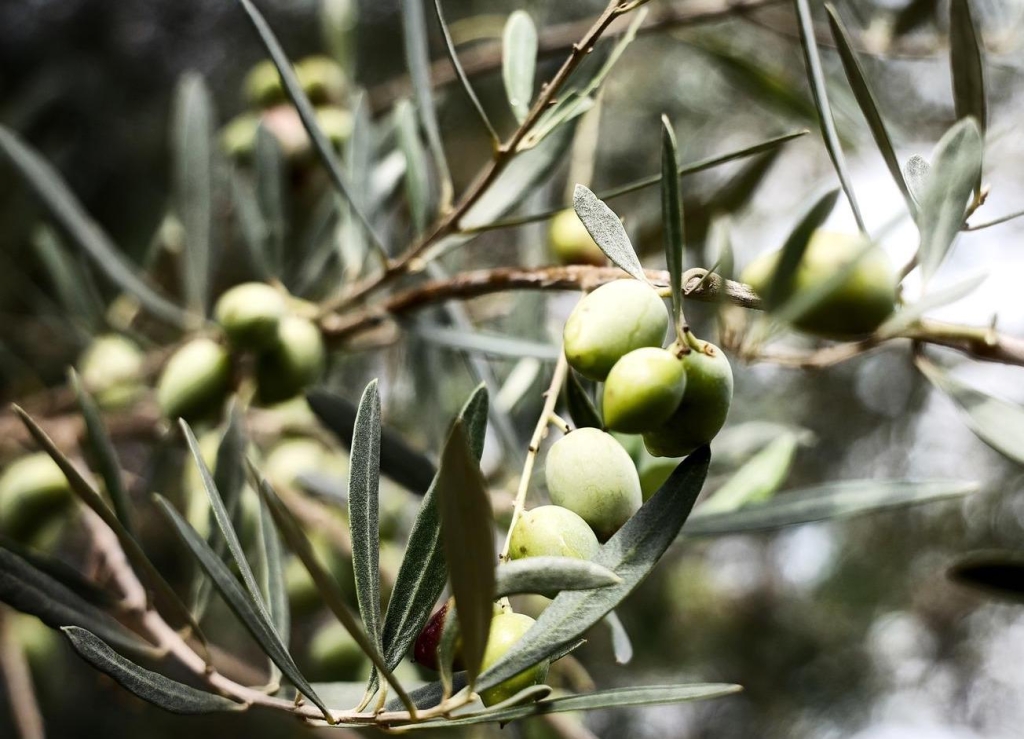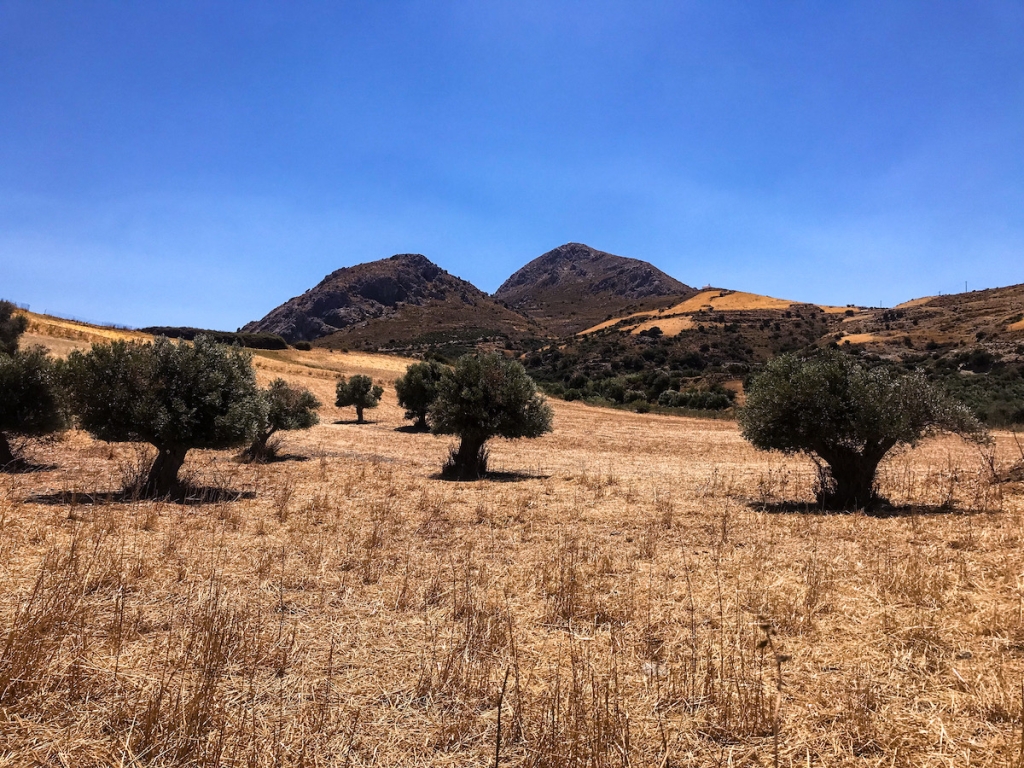
Digital innovation cancels fraud in extra virgin olive oil
DNA and blockchain technology build a new genetic barcode, funded by S3FOOD
Extra virgin olive oil is a major target of unscrupulous food fraudsters, but perhaps not for much longer. With funding from the EU research and innovation project S3FOOD, a team of biotechnology and blockchain specialists in Greece are using olive oil DNA to generate a fraudproof genetic barcode for each and every bottle.
The innovative digital tool will safeguard the authenticity and traceability of extra virgin olive oil (EVOO) all the way from the field. For producers, it means the value of high-end products will no longer be undercut by cheaper imitations. Consumers can also trust that the EVOO in the bottle both lives up to the designation on the label and is safe to consume.
There are sustainability benefits, too. As authentic EVOO gains the recognition it deserves, growers will have a greater incentive to protect the biodiversity of olive tree varieties.
Many faces of fraud
Stelios Arhondakis is CEO of BioCoS, which is working with technology partner InTTrust to develop the antifraud, traceability tool DNAblockchain.
“The high risk of fraud in the olive oil industry is very much related to the economic value, fragmented supply chain and liquid nature of the product. A recent study has found that the value of a premium EVOO may be reduced by 50%,” he says.
Olive oil fraud takes many forms. In 2019, for example, Europol seized 150 tons of sunflower oil, which the label claimed to be olive oil. Another case involved 47 millers, bottlers and traders, who sold oil with a fake EVOO Protected Geographical Location (PGI) label.
Traceability from tree to consumer
To counter the problem, BioCoS is establishing DNA profiles for specific olive varieties used to produce EVOO. One variety – Koroneiki – accounts for around 60% of Greek EVOO production.
An intelligent data processing platform uses the DNA data to verify the varietal authenticity of EVOO. This information is then integrated in a blockchain system along with other data, such as quality characteristics, the location of the olive grove and the quantity of EVOO produced.

Olive trees in south Crete (picture provided by BioCoS)
The whole traceable story will be available to consumers via a QR code on the EVOO bottle.
“Blockchain is already widely used in the olive oil sector to track and trace each lot number from the olive oil manufacturer to the consumer. However, the limitation of this approach is that it ensures only the traceability of the bottle – not its content.
“DNAblockchain bridges this gap, making it impossible to mix olive oil with other varieties or other types of vegetable oil without being discovered. So, if you add let’s say 3-5% olive oil from a Greek variety to an Italian product, you would be able to trace it via DNA analysis. That gives complete transparency,” Arhondakis says.
In addition to the benefits for commercial brands and food safety, the DNA data can be used to create a ‘geo-genetic’ map of olive growers producing EVOO. Arhondakis believes this could become an essential resource for future efforts to improve the sustainability of olive cultivation and mitigate climate change risks.
More than 75 funded companies
BioCoS and InTTrust are among more than 75 small and medium-sized companies that have received digital innovation funding from the EU S3FOOD project, which is supporting the digital transition of the European food industry. Other funded innovations that target food fraud and food safety include a blockchain tool for cheese, a biosensor for pathogen detection in water and a smart food safety platform for tuna processors.
Join us on 7 September
S3FOOD will present all achievements and future opportunities for digital innovation within the food industry at its final event in Brussels on 7 September 2022. The event is free to attend.
